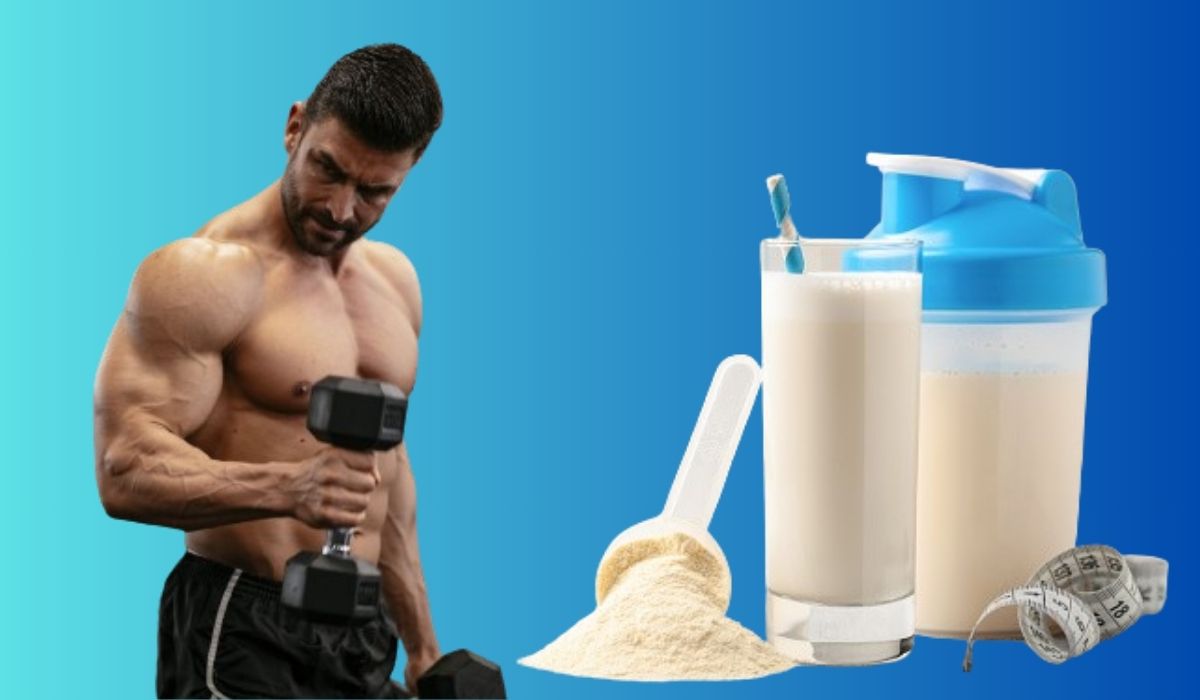Protein powder has gained immense popularity in recent years, thanks to its ability to support muscle growth and aid in recovery after intense workouts. Whether you’re an athlete, a fitness enthusiast, or simply looking to improve your overall health, protein powder can be a valuable addition to your diet. However, before you start incorporating it into your routine, there are a few things you should know to ensure you’re making informed choices.
1. Understand Your Protein Needs
Pro-powder is an essential macronutrient that plays a crucial role in building and repairing tissues, supporting immune function, and maintaining overall health. The amount of protein you need varies based on factors such as age, sex, weight, and activity level. Before using protein powder, it’s important to determine your individual protein requirements. Consulting with a healthcare professional or a registered dietitian can help you understand how much protein you should be consuming daily.
2. Choose the Right Type of Protein Powder
Pro-powders come in various forms, including whey, casein, soy, pea, and hemp protein. Each type has its own unique benefits and considerations. For example, whey protein is quickly absorbed by the body and is a popular choice for post-workout recovery. On the other hand, plant-based pro-powders like soy and pea are suitable for vegans or those with dairy allergies. Consider your dietary preferences and any specific needs you may have before selecting a pro-powder.
3. Read the Ingredients List
When purchasing pro-powder, it’s essential to read the ingredients list carefully. Look for products that contain high-quality protein sources and minimal additives, fillers, or artificial sweeteners. Avoid protein powders that have a long list of unfamiliar ingredients or excessive amounts of sugar. Opting for a product with natural and recognizable ingredients will ensure you’re getting the most out of your pro-powder.
4. Be Mindful of Allergies and Sensitivities
If you have any known allergies or sensitivities, it’s crucial to check the label of the powder for potential allergens. Some protein powders may contain common allergens like dairy, gluten, or soy. Additionally, if you have any digestive issues or intolerances, certain protein powders may be easier on your stomach than others. Understanding your body’s sensitivities and choosing a protein powder accordingly can help prevent any adverse reactions.
5. Consider Your Fitness Goals
Before incorporating p. powder into your routine, it’s important to consider your fitness goals. Are you looking to build muscle, lose weight, or improve athletic performance? Different protein powders may be more suitable for specific goals. For example, if you’re aiming to build muscle mass, a protein powder with a higher protein content and added amino acids may be beneficial. Understanding your objectives will help you choose the protein powder that aligns with your fitness goals.
6. Pay Attention to Serving Size and Timing
Powders typically come with recommended serving sizes. It’s essential to follow these guidelines to ensure you’re getting the right amount of protein for your needs. Additionally, timing can also play a role in maximizing the benefits of protein powder. Consuming protein powder within 30 minutes to an hour after a workout can help with muscle recovery and synthesis. However, protein powder can be consumed at any time of the day to supplement your protein intake.
Conclusion
Protein powder can be a valuable addition to your diet, but it’s important to approach it with knowledge and consideration. Understanding your protein needs, choosing the right type of p-powder, reading the ingredients list, being mindful of allergies and sensitivities, considering your fitness goals, and paying attention to serving size and timing are all crucial factors to consider before incorporating protein powder into your routine. By making informed choices, you can make the most out of this popular supplement and support your overall health and fitness goals.
Also, Read: Yo-Yo Dieting: Think Twice Before Going On A Diet: Explains Why?
Visit: Lotustechtips – Read The Latest Tech Updates
Visit: Travel Insightful – Behold The Power of Travel
Discover more from Lotus LifestyleTips
Subscribe to get the latest posts sent to your email.

